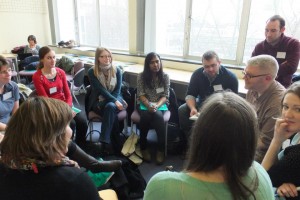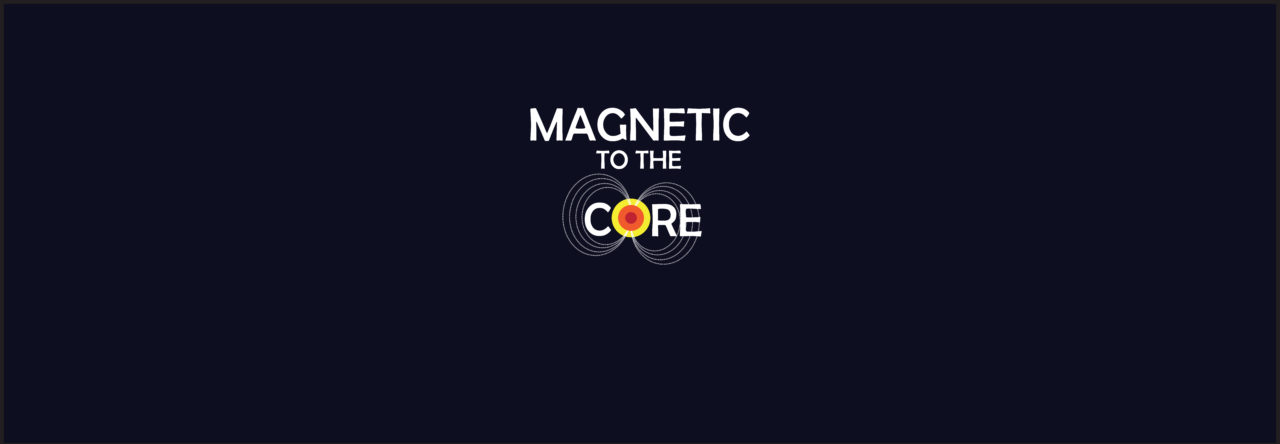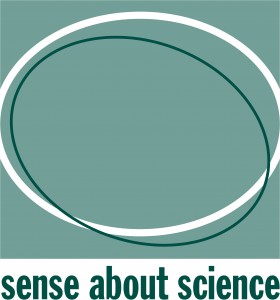When not conducting experiments, carrying out fieldwork, attending conferences, reading papers or writing up, it’s nice to learn new skills and meet other PhD students and early career researchers. Laura and I achieved this last Friday by attending “Standing up for Science Media Workshop” organised by the Sense About Science charity. In an increasingly interconnected world it’s important that scientists are able to communicate in a way that’s understood by all. After all, you don’t have to be an expert to be interested in a subject! In addition to Laura and myself there were students from a number of UK universities: Edinburgh, Manchester, Nottingham etc, from a number of different disciplines; Biology, Chemistry, Earth Sciences, Veterinary medicine and so on. In total there were 45 attendees which demonstrated how passionate scientists from all backgrounds are about engaging with the public regarding their science in an accurate and enjoyable way.
The workshop was split into three discussion sessions. In the first session we met two scientists who have various media experiences: from appearing on local news, to providing expert opinions for Brian Cox’s latest documentary, to appearing on ITV’s Day Break explaining their research. They both regularly talked to journalists and they shared with us their worst and best media experiences and some advice.
After lunch we had a discussion session with 3 journalists; David Derbyshire a freelance environment journalist and science writer; Rebekah Erlam, Broadcast journalist, BBC Radio 5 Live and Morwenna Grills, University of Manchester Media Relations Officer and former Sky News and BBC journalist. It was fascinating to hear their views and made me realise the amount of pressure they’re under to write a number of different science stories in an incredibly short amount of time. A science journalist probably has the same amount of time to research and write an article from scratch as I took to write this blog post! I also learnt that journalists don’t write their own headlines, sub-editors do. I found this surprising although it did explain why you get sensationalist headlines above relatively unconfirmed data. Editors want to sell newspapers after all!
In the third and final discussion session with representatives from Sense about Science and the Voice of Young Science Network we asked all the questions we had left and found out more about the network.
It was a very well organised and interesting day and I would highly recommend it to other early career researchers. The best pieces of advice I took away and will be implementing are:
• Make your work accessible
• Say yes to opportunities
• Start a blog
• Join twitter as it is a great place to network
• Practise explaining your research in 20 seconds using as little jargon as possible
Most of all I came away with the confidence that even though we’re only at the beginnings of our career, early stage career researchers can and should regularly communicate with the public and try to tackle any scientific errors that they notice in the media.



Leave a Reply